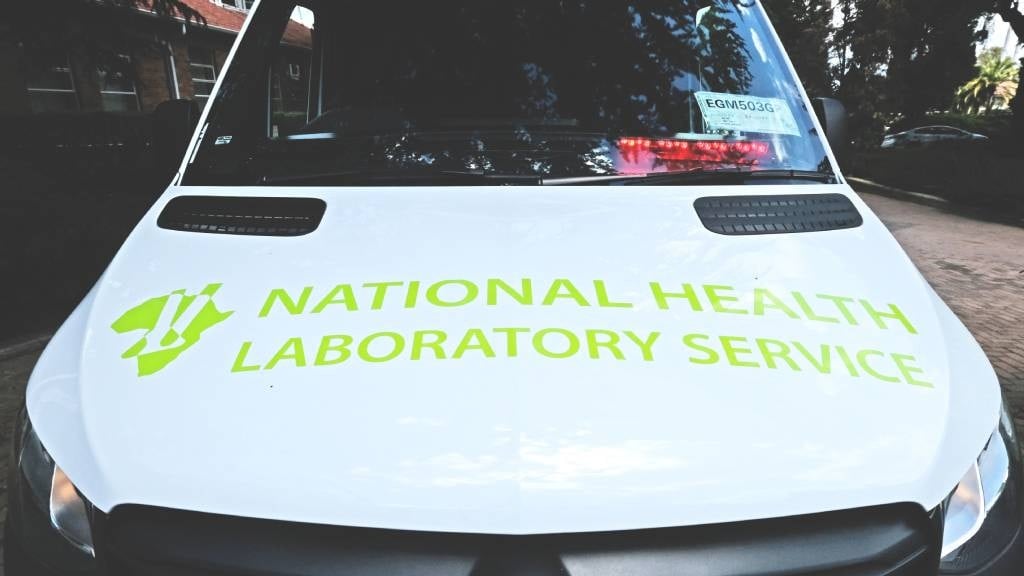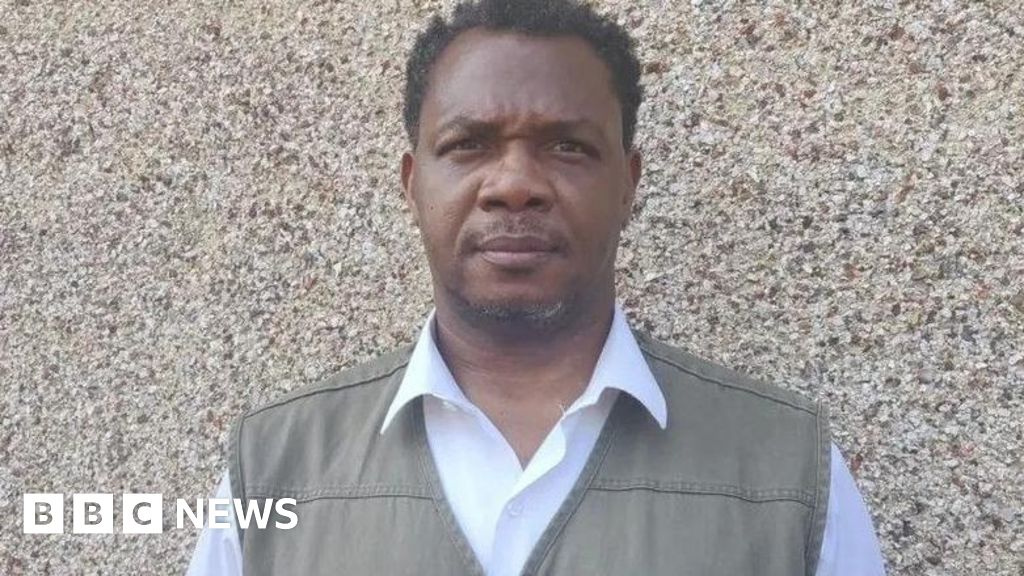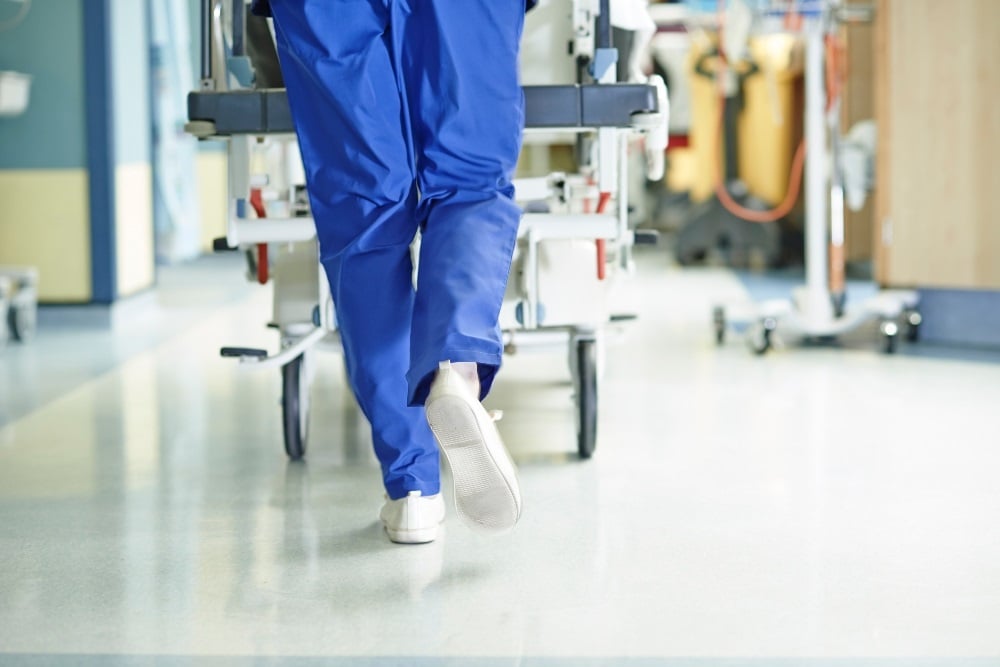
The National Health Laboratory Service is working to get all its systems back online following a cyber attack. (Dino Lloyd/Gallo Images)
- The National Health Laboratory Service expects to be back online by mid-July.
- The service experienced a cyber attack more than a week ago.
- Among the functions affected was the delivery of test results.
More than a week after a crippling cyber attack on the National Health Laboratory Service (NHLS), the organisation is still battling to get fully back online.
NHLS CEO Koleka Mlisana estimates the organisation will only have its systems back online by mid-July.
"Following the recent compromise of information technology systems and infrastructure, the NHLS has and continues to implement alternative strategies and measures to ensure business continuity," he said.
"On the service delivery (testing) side, all laboratories are functioning although providing test results to the clinicians is still a challenge."
Prior to the cyber attack, laboratory reports were automatically generated and sent to clinicians or made available on WebView. The attack disabled that functionality, but all urgent results are communicated telephonically to requesting clinicians.
"In addition, we are in the process of developing an electronic registration system for registering new samples and providing test results electronically," Mlisana said.
READ | All systems down as cyberattack hits govt's national health lab
He added that the matter had been reported to the police and "all the relevant regulatory bodies".
Mlisana said:
The NHLS is handling this challenge with extreme urgency to ensure the timely and secure recovery of all affected operations.
"The NHLS views this attack in a serious light with significant worry and is treating the situation with great urgency. The breach has endangered the safety and well-being of millions of public health patients."
The NHLS has a huge network of laboratories for testing in the public health sector.
The body is the only source of laboratory services for the public sector. Samples of body fluids, tissue, and cells are analysed to help detect, diagnose and treat diseases such as Aids and tuberculosis.
Mlisana said that preliminary reports indicated that client information had not been leaked.
 (1).png)
 6 months ago
18
6 months ago
18


















